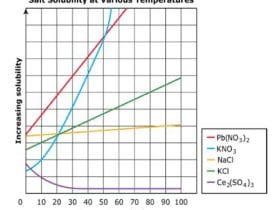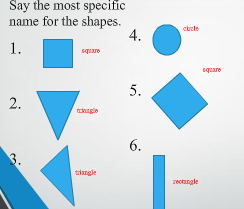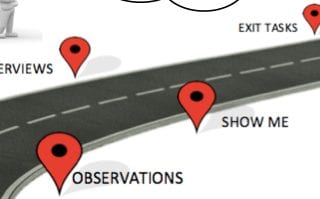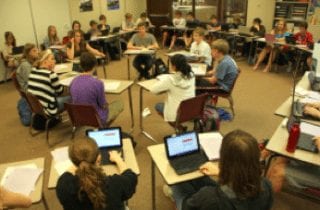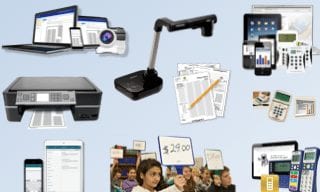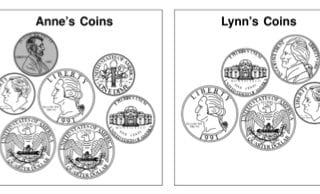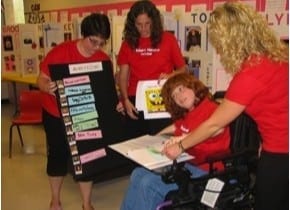It’s the number one priority for our classrooms as we get back to school. How do we plan our lessons, and integrate resources, to support deeper vocabulary investigation and greater collaboration and conversation?
What do we want students to know, understand, and be able to do? How will we know what students have learned, understood and are able to do? This 5-step process presented by Dr. Eileen Depka, works to close the gap between expectation and performance by employing different instructional approaches and materials, based on what we have learned about our students
Diagnostic assessment is one of the most misunderstood and yet one of the most powerful tools in the arena of educational assessment, especially now with so much focus on differentiated and personalized instruction.
In the edWeb.net Blended Learning community’s latest webinar, Dr. Francis (Skip) Fennell and Dr. Tim Hudson discussed important topics in mathematics education. They shared insights about current trends and issues in mathematics education related to curriculum, assessment, and instruction that are applicable in all states and schools.
Non-traditional forms of assessment, such as peer-to-peer learning, can produce useful information for the teacher. Another idea is to include an assessment component in warm-up, group, and closure activities during class. Teachers can make students more responsible for their own learning through technology-enhanced self-assessments.
Good questions can be used equally well for instruction and assessment, often at the same time. Various technology options are available for the teacher, all the way from selection and formatting of questions to delivery through PowerPoint presentations, software for interactive whiteboards, teacher or school web pages, or any handheld device (smartphones and tablets).
Dan Levin, President and Founder of EducAide Software, demonstrated how to turn ordinary skills-based questions into the kinds of multi-step questions and tasks which are at the heart of the Common Core math standards. The discussion was practical and based on real-world examples
The Developmental Writing Scale (DWS), which ranges from emergent writing (scribbling) to cohesive and coherent paragraph level writing, serves as the anchor measure and was developed to be sensitive to small changes in writing quality in beginning writers.
Nearly all K-12 schools are expanding their use of technology to support student learning, and many of them are implementing blended learning models. By definition, blended models include online learning opportunities that empower students with some control over the time, place, path, and pace of their learning.


